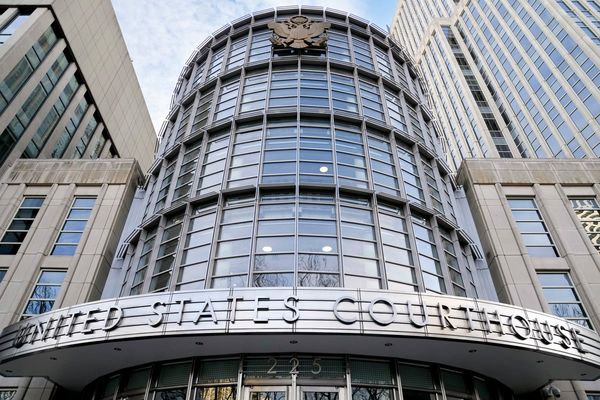
China and the Solomon Islands have laid the foundations for a new security agreement which some commentators say will put China’s military at Australia’s doorstep.
The two governments initialled the bilateral agreement on Thursday, with further details to be “cleaned up” in the coming days.
But the agreement, which largely relates to China sending police and soldiers to “maintain social order” when called upon, makes no mention of any bases or permanent military presence in the Solomons.
“The people that are rushing to that conclusion are security hawks in Canberra,” said Professor James Laurenceson, director of the Australia-China Relations Institute at UTS.
He told The New Daily that China is unusual for a world power in that it only has one overseas military base in the small African nation of Djibouti.
China’s promise to send in police and troops at the request of the Solomon Islands government follows several days of violent protests late last year.
During the protests, looters tore through Chinatown in the nation’s capital, Honiara, after the government switched diplomatic recognition from Taiwan to the People’s Republic of China.
Another aspect of the security agreement will allow Chinese warships to refuel and replenish in the island nation.

The Solomon Islands government on Friday added that it “is conscious of the security ramification of hosting a military base, and it will not be careless to allow such initiative to take place under its watch”.
It, like many Pacific nations, maintains a policy of being “friends to all and enemy to none”.
“But in moving forward it is clear that we need to diversify our relationship with other partners, and what is wrong with that?” Prime Minister Manasseh Sogavare said earlier in the week.
“We find it insulting to be branded as unfit to manage our sovereign affairs, and that we have other motives in pursuing our national interests.”
But critics say the deal sets the stage for a future Chinese military presence in the Solomons.
Defence analyst Dr Allan Orr accused the Morrison government of “an unforgivable security lapse” in not lobbying against the deal sooner.
“This is 100 per cent aimed at Australia, this isn’t part of China’s broader geopolitical moves in the region,” he told TND.
Dr Orr believes China ultimately aims to establish a military presence that could be used as leverage or, amid escalating tension, as “the last step towards war”.

Opponents of the deal in the Solomon Islands fear their country will become “a puppet state of China”.
Some Australian pundits have even floated the idea of invading the Solomon Islands, but Dr Orr said this should be out of the question.
The Solomons government said if China wanted a military base, it would have established one in Fiji or Papua New Guinea already.
Whatever eventuates, the security agreement will be a massive bargaining chip between Australia and China in the near future.
However, Professor Laurenceson believes the relationship between the two countries has already soured to the point that it will have little noticeable impact.
“I don’t think China will be surprised by Australia’s vigorous opposition to this,” he said.
“So I doubt this in itself is going to make things much worse than they already are.”







